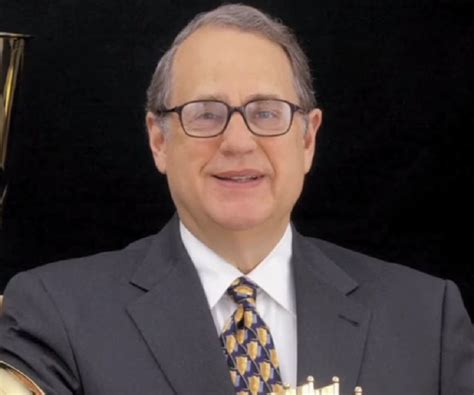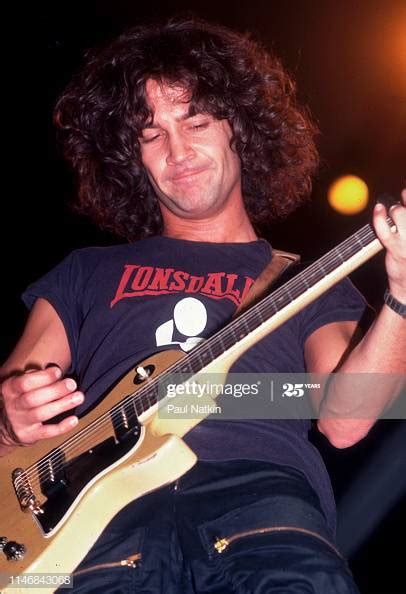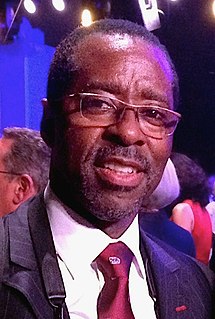A Quote by Patti Smith
I was a lower middle-class kid. My family had no money. There was no room in our small house where there were already four kids, including myself, living.
Related Quotes
We were postwar middle-class white kids living in the slipstream of the greatest per-capita rise in income in the history of Western civilization; we were 'teen-agers' - a term, coined in 1941, that was in common usage a decade later - a new, recognizable franchise. We had money, mobility, and problems all our own.
If you're going to compare a middle-income black kid with a middle- income white kid, and, say, you control for family background, family education, and family income, and if this middle-income black kid doesn't score as well as the white kid on the test, then I say, look, you haven't taken into consideration the cumulative effect of living in a segregated neighborhood and going to a de facto segregated school. You're denying a position at Harvard or some other place to a kid that really could make it. That's why I support affirmative action that's based on both class and race.
I was brought up in a very naval, military, and conservative background. My father and his friends had very typical opinions of the British middle class - lower-middle class actually - after the war. My father broke into the middle class by joining the navy. I was the first member of my family ever to go to private school or even to university. So, the armed forces had been upward mobility for him.
My parents both worked; I was a 'latchkey kid.' We were lower-middle class, and they did everything that they could to give me anything I wanted, within reason. We were not rich by any stretch of the imagination, but being an adopted kid, I think we had a different connotation. My parents tried extra hard, I think.
Everyone loved my father. He was so nice that people took advantage of him. We were lower middle class. I slept in the hallway on a cot that rolled away during the day, and my younger brother and sister slept in my parents' room. My goal as a kid was to someday have my own room and to own a car - and I wanted to be able to take care of my parents.
Which class is happiest, the rich, the middle class or the poor? A very successful executive of a large organization touches upon this vital subject in a long letter to all his salesmen. He uses as his text a passage from Robinson Crusoe which included this: ""My Father bid me observe it, and I should always find that the calamities of life were shared among the upper and lower part of mankind; but that the middle station had the fewest disasters, and were not exposed to so many vicissitudes as the higher or lower part of mankind.




































